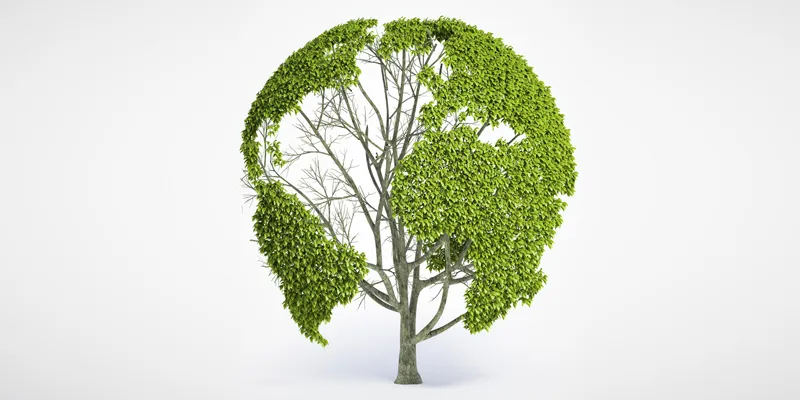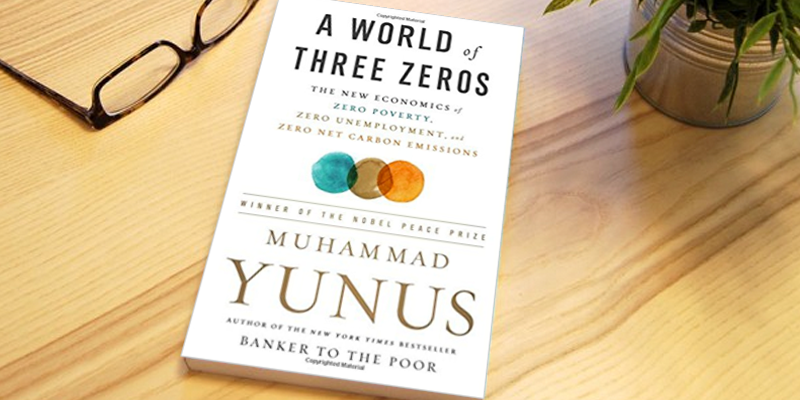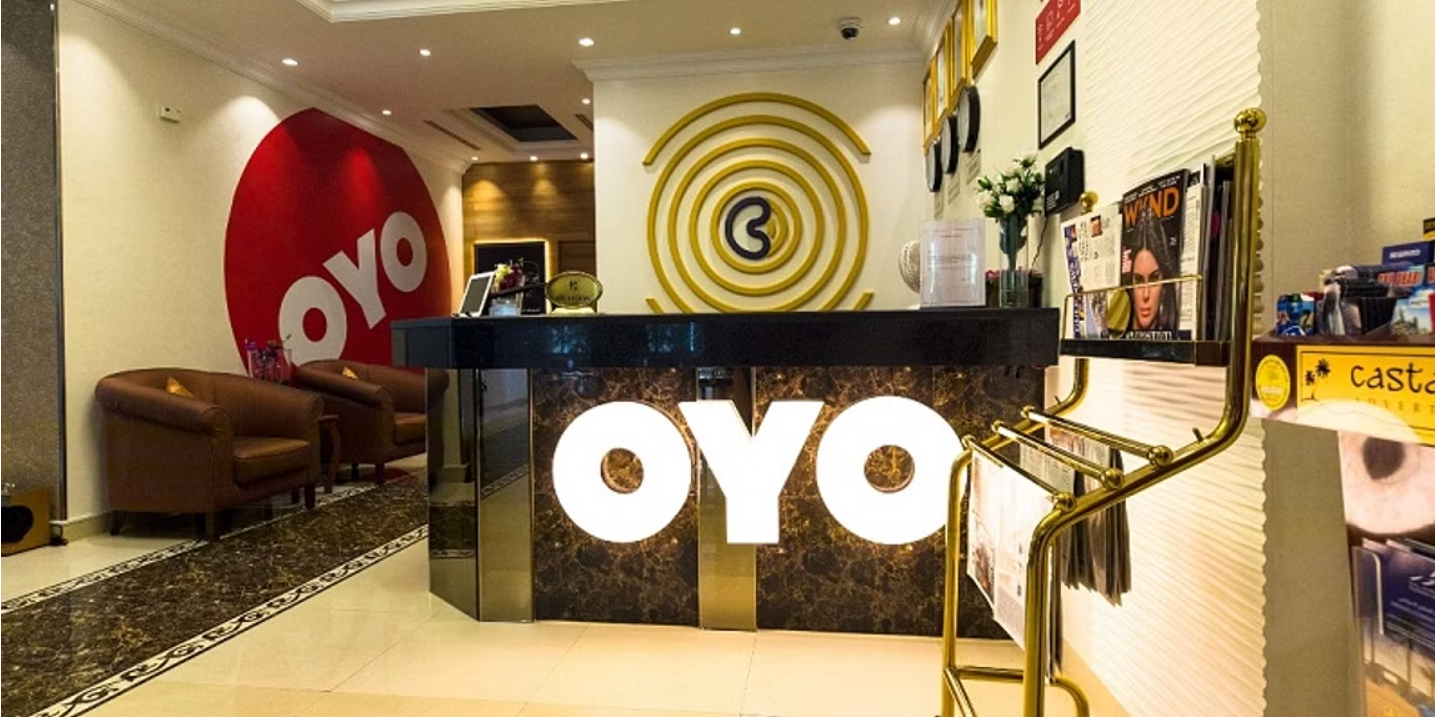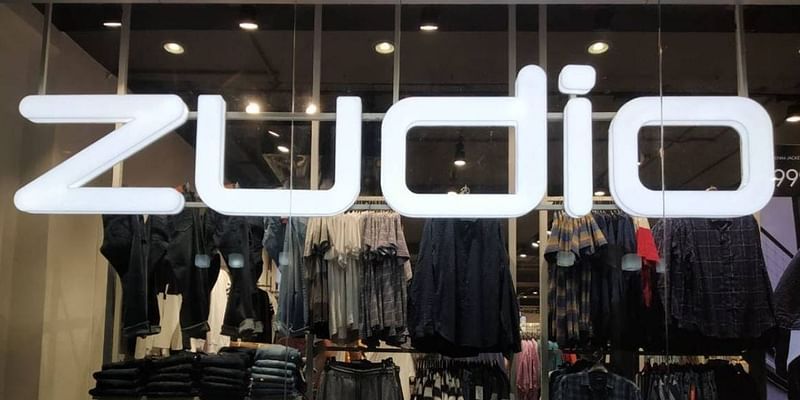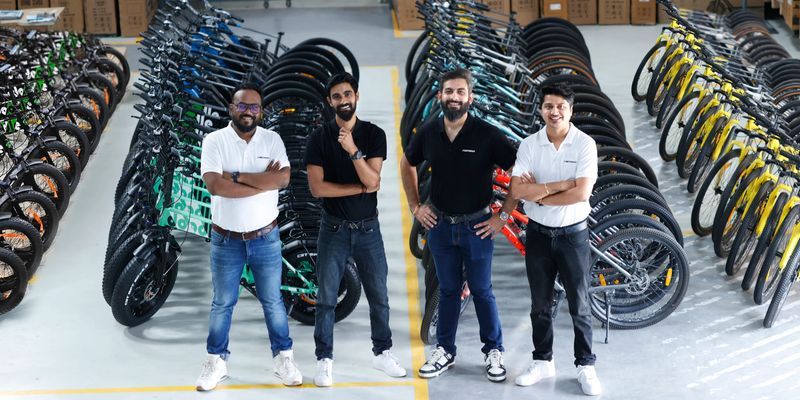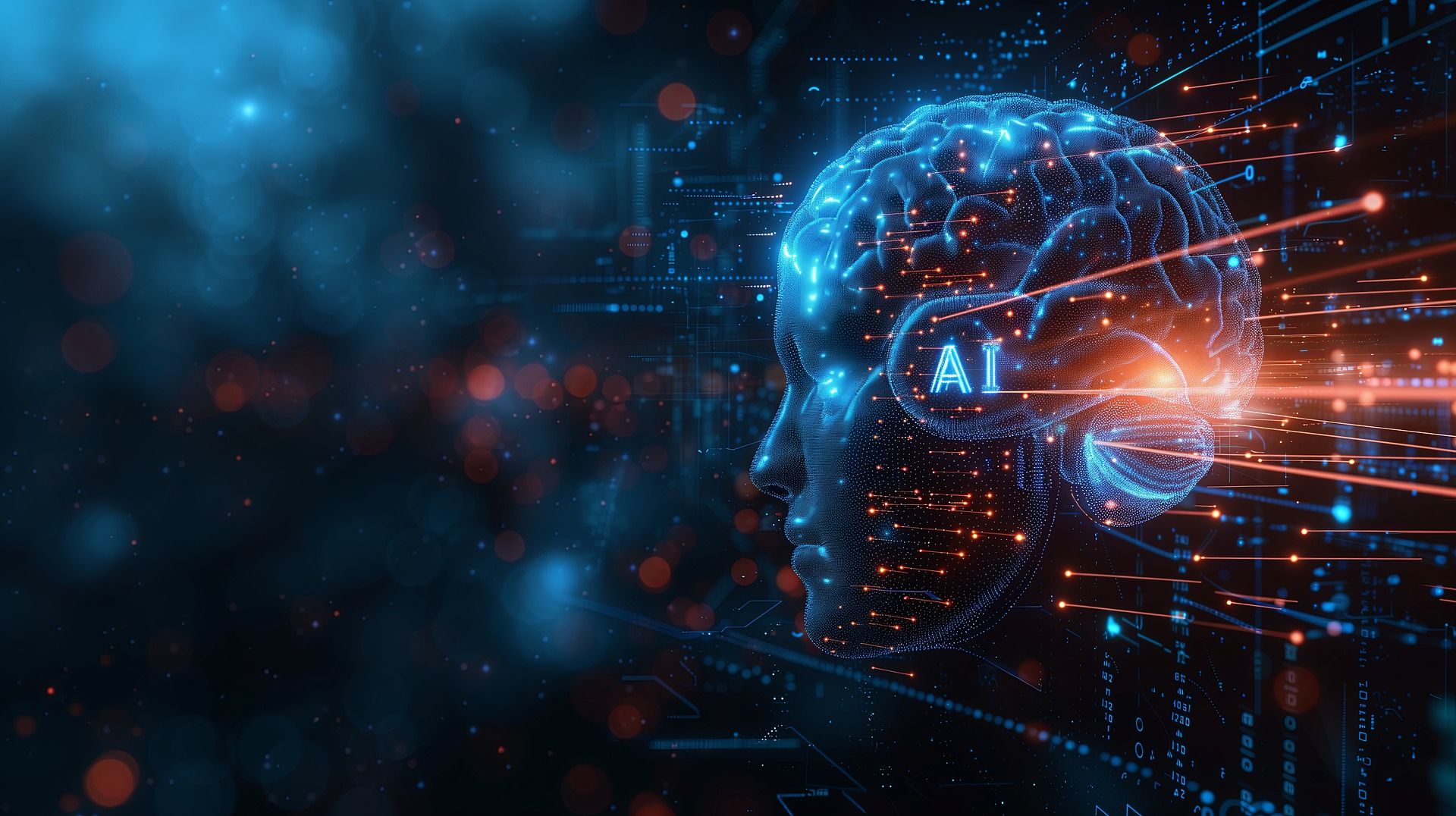Social entrepreneurship, youth and digital media: roadmap for a poverty-free world, by Nobel laureate Muhammad Yunus
In an era of increasing income disparity, unemployment and global warming, new mindsets and business models are needed to promote environmentally-friendly social businesses.
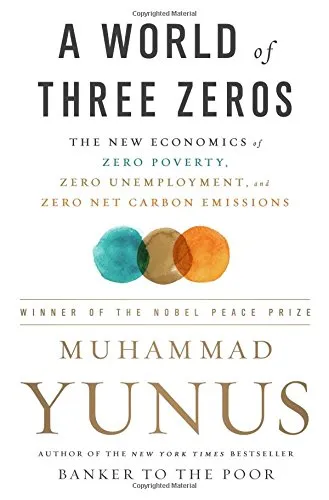
Social entrepreneurs who build organisations that are inclusive and environmentally sensitive hold the key for a better world, according to Nobel laureate Muhammad Yunus in his new book, A World of Three Zeros: The New Economics of Zero Poverty, Zero Unemployment, and Zero Net Carbon Emissions.
In the model of social business, lenders and investors get back their initial investments but not much more; profits are ploughed back into the organisation for further improvement and expansion so that the poor benefit. “Social business is about using creativity to solve human problems in a sustainable way,” says Yunus.
Social businesses design products and services that cover solution costs, and not just hit the financial jackpot. See also my reviews of the related books Lean Startups for Social Change, I have a dream: The inspiring stories of 20 social entrepreneurs, and Scaling up Business Solutions to Social Problems: A Practical Guide for Social and Corporate Entrepreneurs.
Challenges and solutions
Poor people suffer not just from lack of income but lack of healthcare, clean water, sanitation facilities, education, housing, energy and more. Poverty levels and income disparity even in Western countries like the US are rising. This leads to disenchantment, anger, distrust, fear and hostility.
An Oxfam report in 2017 revealed that the eight wealthiest people in the world own wealth exceeding that of the bottom half of the world’s population (3.6 billion). Other data show the richest 0.1 percent Americans own as much wealth as the bottom 90 per cent.
The financial collapse of 2008 also showed the weaknesses of the global economic system and its financial engineering practices. Some of the remedial steps seemed to reflect that giant companies were ‘too big to fail,’ but poor people were ‘too small to matter.’
“GDP does not and cannot tell the whole story,” argues Yunus, drawing on his experience in trust-based banking at Grameen Bank. Mainstream financing models are geared more towards wealth concentration than wealth distribution.

“Human beings are not moneymaking robots. They are multidimensional beings with both selfishness and selflessness,” explains Yunus. Capitalist and social models of business can co-exist, and both models can be taught extensively. “Let the people themselves decide which they would prefer to pursue – or perhaps a bit of both, at different times in their lives or even at the same time,” he advises.
Everybody has built-in capacity to be an entrepreneur, with unlimited creative capabilities. “The DNA of entrepreneurship is common to all human beings,” explains Yunus. Governments and corporations are not the only job creators; startups also need to be promoted, and the youth dividend along with the digital media boom can help connect and scale innovative business models.
Charity, philanthropy, welfare and CSR are some corrective steps, but broader changes are called for. Current capitalist models are based on self-interest, exploitation, greed, and indifference; we also need other sustainable models based on caring, trust and selflessness, such as micro-credit and social business.
Zero poverty
Promotion of creatively designed social businesses helps overcome poverty; Grameen Creative Lab was founded in Germany in 2006 to research and promote such models. The company Yunus Social Business (YSB), founded in 2011, acts as an incubator and venture fund for social enterprises.
YSB is active in Albania, Brazil, Colombia, Haiti, India, Thailand and Uganda. YSB has launched a wide range of social businesses: Bive (affordable healthcare in Colombia), Digo (domestic cleaning products and services in Haiti), Seniors House (residential services for elders in Albania), Udruzene (Bosnian handicrafts), and Rizona (organic produce in Kosovo).
The entrepreneurial movement is picking up in countries around the world. The Global Entrepreneurship Monitor (GEM) in 2015 ranked Uganda as the most entrepreneurial country in the world; 80 per cent of Ugandans are expected to start a business in their lifetime. Examples include Golden Bees, a social business to train beekeepers and promote their products in local and international markets.
Other initiatives in countries like Bangladesh include Nobin Udyokta (‘new entrepreneurs’), Grameen Euglena (providing euglena and mung beans for schoolchildren), Grameen Marketing Network (for solar lighting, malaria-preventing mosquito nets), and Grameen Healthcare Trust (nurse training).
A few large companies are also partnering with social businesses and discovering new operating models, such as Danone (fortified yogurt at affordable prices), Veolia (treatment plants for safe drinking water), McCain Foods (potato farming in Colombia; soups from ‘ugly looking’ vegetables), and Intel (low-cost portable devices and Mrittika agri-apps in Bangladesh). Such initiatives can become separate companies or a separate internal division.
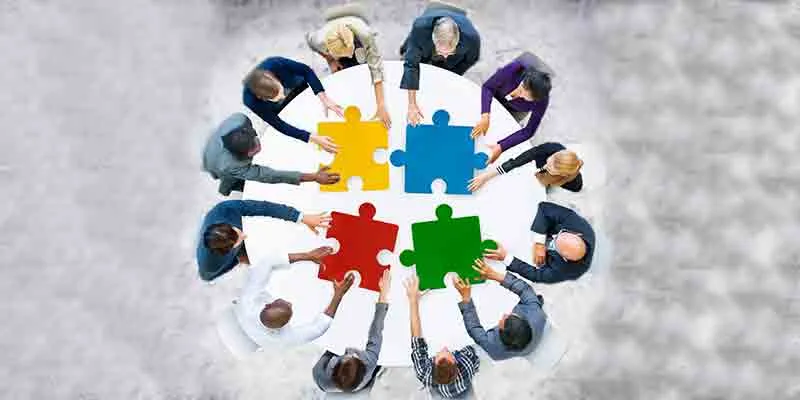
Danone’s Emmanuel Faber also helped create the Social Business Action Tank in Paris in 2010, a thinktank on social business. Those with an imaginative mind, deeply humane sensibility, and a readiness to experiment can search for economic models to solve humanity’s pressing challenges. For example, Renault’s Mobiliz provides affordable automobile repair solutions; Optique Solidaire (a division of Essilor) provides affordable eyeglasses for the needy.
Zero unemployment
The International Labour Organisation has called for the creation of 400 million productive jobs over the next decade – or about 40 million jobs a year. The so-called ‘invisible hand’ of the market seems to serve only the wealthy, and seems invisible and unavailable for the poor, according to Yunus.
The Yunus Centre in Dhaka organises monthly Social Business Design Labs to bring multiple stakeholders to work on projects and evaluate business plans. Some community projects in 2016 funded up to $3,000 include Mirali Tailors, Priyonto Nursery, Etee Jamdani House (for muslin textile), Salim Pakha Shilpo (palm-leaf hand fans), Tumpa Rice Mill and Bodhua Beauty Parlour.
“Each represents an opportunity for a youth to get a first taste of the excitement of entrepreneurship and independence, while providing a useful good or service to the community,” Yunus explains.
Borrowers from Grameen Bank have to commit to 16 actions, including sending children to school, for which they will receive scholarships; graduated students also receive entrepreneur loans. The Yunus Centre gives additional support in mentoring, operations and workflow tools.
Investors in social businesses in Bangladesh include Grameen Telecom Trust and Grameen Kalyan (healthcare). Investors can recoup their investments along with a fee of 20 percent of the investment once the business becomes sustainable. Yunus cautions that micro-credit should generally avoid non-essential consumer products, and should not make money for rich investors.
The Grameen model from Bangladesh has also been implemented in the US through Grameen America, and has branches in 12 cities. “If we can turn unemployment into entrepreneurship, the amount of human creativity, talent and productivity we will unleash is almost beyond measuring,” says Yunus.
Zero net carbon emissions
Emerging economies need to pay heed to their environment, unlike Western countries which launched their industrial economies while largely overlooking the environmental damage. “One basic principle is that all social businesses must be environmentally sustainable,” Yunus advocates.
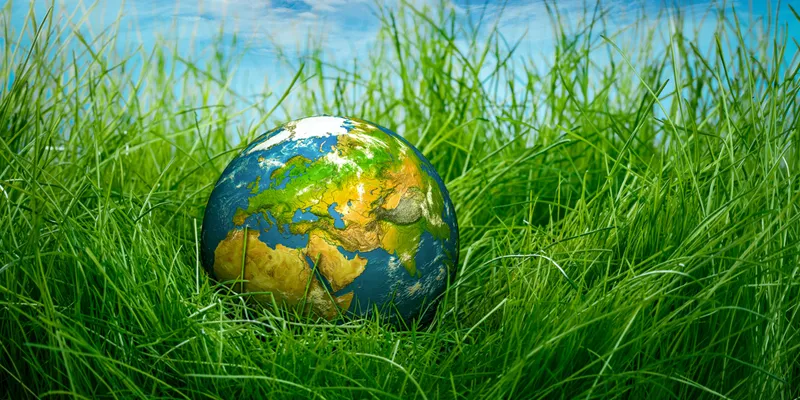
Bangladesh is not just one of the poorest nations in the world, but also one of the most environmentally vulnerable – suffering from deforestation, river floods, and rising sea levels. The need of the hour is clean growth, without environmental crimes and pollution.
In this regard, Grameen Shakti has emerged as one of the world’s largest suppliers of affordable solar home systems (covering 1.8 million homes). It has also installed bio-gas plants, and sells improved home cookstoves.
YSB Uganda has supported social businesses like Savco Millers (which makes products from recycled plastic waste), Green Bio Energy (charcoal briquettes from agricultural waste) and Impact Water (affordable water filters for schools with no need of electricity).
Richard Branson co-founded the B Team organisation for companies to look beyond profits to a people-planet orientation. Supported initiatives include Haiti Forest, to promote reforestation as well as forest-based product businesses such as Kreyol Essence, made from castor oil.
Social businesses are uniquely poised to develop their pro-environment character because unlike mainstream businesses, they do not need to pursue only profits and ignore the environmental commons. They can also benefit from the youth dividend and digital tech boom.
The youth dividend
Studies show that many youth today view both capitalism and communism as flawed, and want a new approach. Travel, internships and exchange programmes are exposing youth to new trends and communities. “They feel they have enormous power, but cannot figure out how they will use this power,” Yunus observes. Students should be urged to imagine a world of their own, and be helped to create a roadmap of their own through models like social business.
Fortunately, many degrees, courses, online modules, conferences and contests are spreading the word about inclusive business and value creation. International initiatives include the Global Social Business Summit and Social Business Youth Alliance Global. Social business plan competitions are organised by Social Business Champ, and the Impact Hub Association connects working spaces for social innovators.
Yunus & Youth (Y&Y) has been created as an international organisation of youth in social business; its fellowship programmes support the founders of Recidar (recyclables in Peru), Bella Handmades (jewellery making by Palestinian refugees), and Sahabat Pulau (fish-based snacks in Indonesia).
“The challenge of creating a new civilisation doesn’t frighten today’s youth – they are energised by it,” Yunus exults. Powerful partnerships can be formed by youth and career professionals. Being young is also a state of mind, and many mid-career professionals and elders can now turn to social business to help create the world they always wanted.
Digital technology
Digital media are playing a huge role in amplifying the power, speed and flexibility of individual entrepreneurs. “Thanks to the Internet, good ideas can spread more rapidly, and proven business models can grow to scale more quickly and easily than ever before,” Yunus explains.
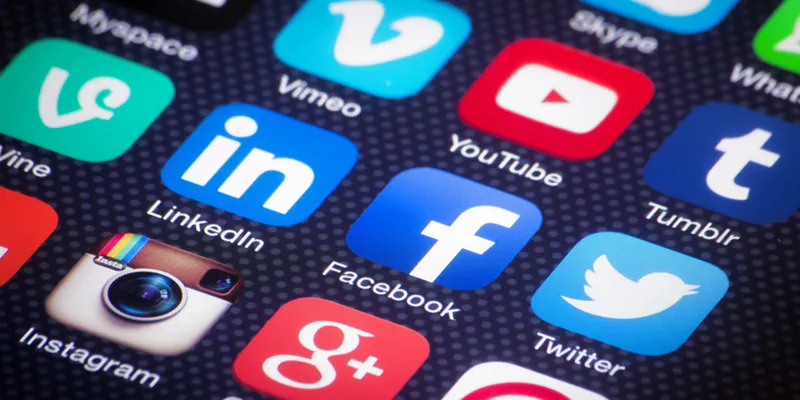
Youth today are born with access to amazing technology. Thanks to the incredible economics of digital technology, urban and rural youth can form global communities. “This has made them potentially the most powerful generation in history,” argues Yunus. “They have the potential to make the impossibles possible,” he adds.
Connected, aware and empowered youth have the talent, energy, intelligence, idealism and generosity to transform the world. “These young people are capable of creating a new civilisation that has escaped from the shadows of poverty, unemployment, and environmental degradation,” says Yunus.
Digital initiatives in this regard include Endless (low-cost computers with cached web content), Kiva (crowdfunding platform based on micro-finance), ACRE (micro-insurance for Kenyan farmers) and MakeSense (encyclopaedia and marketplace platform for social businesses). MakeSense also supports SenseCube incubators for social businesses, and has helped the Food Assembly, a platform to connect farmers with local buyers. Such success stories need to be documented, recognised and celebrated, Yunus urges.
While the methodology and tech tools for social business are available, broad-based will and global frameworks are now needed urgently. Building on the Millennium Development Goals (MDGs), the 17 Sustainable Development Goals (SDGs) cover targets for poverty elimination, health, equality, sustainable cities, responsible consumption and production, climate action, and justice.
A better world needs corruption-free government, credible elections, an honest civil society, respect for the rule of law, and more investment in infrastructure. The poor should also have decision making power in organisations that affect them, as was the case with Grameen Bank; unfortunately, it has now been converted into a government-run bank.
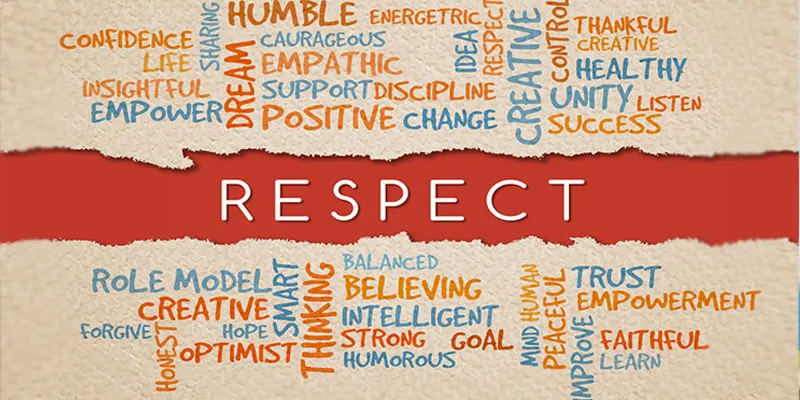
Small-scale entrepreneurship and social businesses should also be supported by government and financial firms, as exemplified by Grameen Credit Agricole Microfinance Foundation. It supports social businesses like Dolima (yogurt products in Senegal) and Phare (traditional performing arts in Cambodia).
“Social business is a powerful avenue for self-discovery, self-exploration, and self-definition. Once you are successful as a social business designer, you don’t want to quit,” says Yunus.
We are in an age of great possibilities. Social business is perhaps “the highest form of creativity” that humans are capable of. “We can create a new civilisation based not on greed but on the full range of human values. Let’s begin today,” Yunus signs off.
About the author:
Muhammad Yunus, a native of Bangladesh, was educated at Dhaka University and awarded a Fulbright scholarship to study economics at Vanderbilt University. In 1972, he became head of the Economics Department at Chittagong University. Yunus is the founder and managing director of Grameen Bank, a pioneer of microcredit, an economic movement that has helped lift millions of families around the world out of poverty. Yunus and Grameen Bank are winners of the 2006 Nobel Peace Prize.
